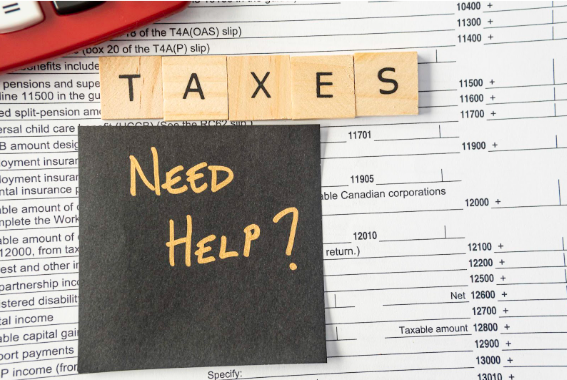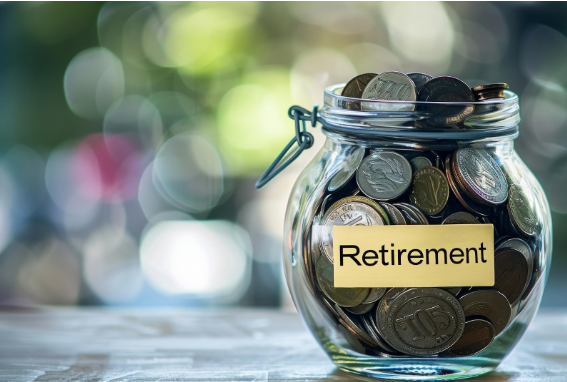
Consequences for Your Unpaid Credit Card Debt and Loans
Not being able to pay your outstanding debt including credit cards and loans is a big problem. Not only will it hurt your credit, but it could land you in the arms of a collection agency or lawsuit if you aren’t careful.
The best thing to do is talk to your creditors about the financial problems you’re experiencing so you can work out a plan. If that doesn’t work, speak with a credit counsellor, for advice on options that may be available to you. If you don’t, here’s what might happen.
Understanding What Unpaid Debts Mean
There’s a difference between late payments and unpaid debt. Any credit card or loan company deals with late payments all the time. Unless the payments go beyond 30 days late, they usually don’t concern themselves.
It’s when your bill becomes a month or two behind that credit card companies and personal loan companies get concerned and ramp up their efforts to collect.
Technically, the debt isn’t considered late until it’s 30 days past due. That’s when it affects your credit score and could prevent you from securing loans from any other lenders because of the irresponsible use of credit.
The Consequences of Late Payments

If your debt is just late, but you intend to pay it, here are the basic consequences.
Late Fee
First, you’ll typically get hit with a late fee. The amount varies by credit card or loan company, but it’s not unusual to pay as much as $40 for missing a payment by even one day.
Higher APR
Most credit card companies will increase your APR to the highest they can change if you miss a payment. Some will allow a one-time mistake, but if you do it again, the APR will increase. Read the fine print on your agreement to know the consequences of a late payment.
Damage to your Credit Score
If you miss a payment by 30 days or more, your credit score will suffer. Your payment history is the largest part of your credit score and one late payment can cause your score to fall significantly.
The credit bureaus report late payments in increments of 30 days. If you miss a payment for 60 days, for example, it will show on your credit report as such and damage your credit report even further.
Closed Credit Line
Depending on how late you are with your payment and the type of account, your credit card company may close your account altogether. You’ll still be responsible for making the payments, but you won’t have access to the credit line any longer.
Dealing with Collections

If your debt goes unpaid long enough, most credit card companies and lenders will send the account to a collection agency. Before they do this, the credit card company may forward your debt to their own collections department.
If you can satisfy the debt while it’s still with the credit card company, you’ll be in better hands. If it gets to an outside collection agency, you may deal with harsher tactics and more stress.
Charged Off Debt
One of the first steps credit card companies and lenders take with an unpaid debt is to charge it off. Most will wait until you haven’t paid the debt for 6 months despite their efforts to collect and even send your debt to their collection department.
If they charge it off, it means they aren’t expecting to collect your debt. They close your account and typically sell the debt to a collection agency for less than it’s worth.
Collection Agencies and What They Can Do
Collection agencies will try to collect the full amount of the debt from you even though they bought it for less – it’s how they stay in business.
Know your rights when it comes to dealing with collection agencies, though. They have the right to try to collect from you, but they don’t have the right to harass you.
You have the right to ask for all communication to be in writing rather than them calling you and if they do call you, it can’t be outside of normal hours. Before you talk to them or give them any information, know what you’re capable of paying and what rights you have. It’s always best to have a credit counselor help you deal with collection agencies so you don’t get taken advantage of.
Can Collection Agencies Sue You?
Collection agencies have the right to sue you, but they won’t always do it. Here’s why.
Taking someone to court is expensive. If your debt isn’t for an amount high enough to make a court appearance worth it, they will likely use other tactics to get you to pay. But, the threat is always there and if they do sue you and win, you might face some of the following:
- Garnished wages
- Garnished bank accounts
- Seizure of personal assets
What to do if you Have Unpaid Debt
If you have unpaid debt, don’t ignore it. That’s the worst thing you can do. Instead, do the following.
1. Talk to your creditors
Your creditors may be more understanding than you think. Ask for a debt settlement plan or any plan they have that could help make your debt more affordable. They would rather work out a plan than have you default.
2. Make a debt repayment plan
Sit down with your budget and figure out how you can repay the debt. You may not be able to pay it all at once, but even small regular payments will help.
3. Talk to a credit counsellor
If you can’t take care of the debt or it’s too overwhelming, talk to a debt expert. You’ll get the help you need to understand your rights, explore your options, and get yourself out of debt.
Final Thoughts
Don’t ignore unpaid debt – figure out a way to pay it or work with a professional to help you settle it. Ignoring the debt will only land you with a collection agency and possibly court. EmpireOne Credit has experts that can help you eliminate the debt once and for all.





